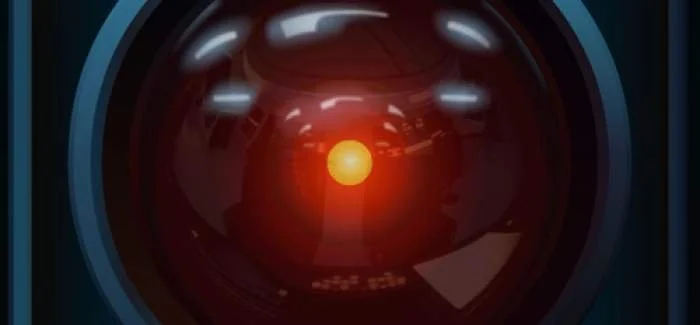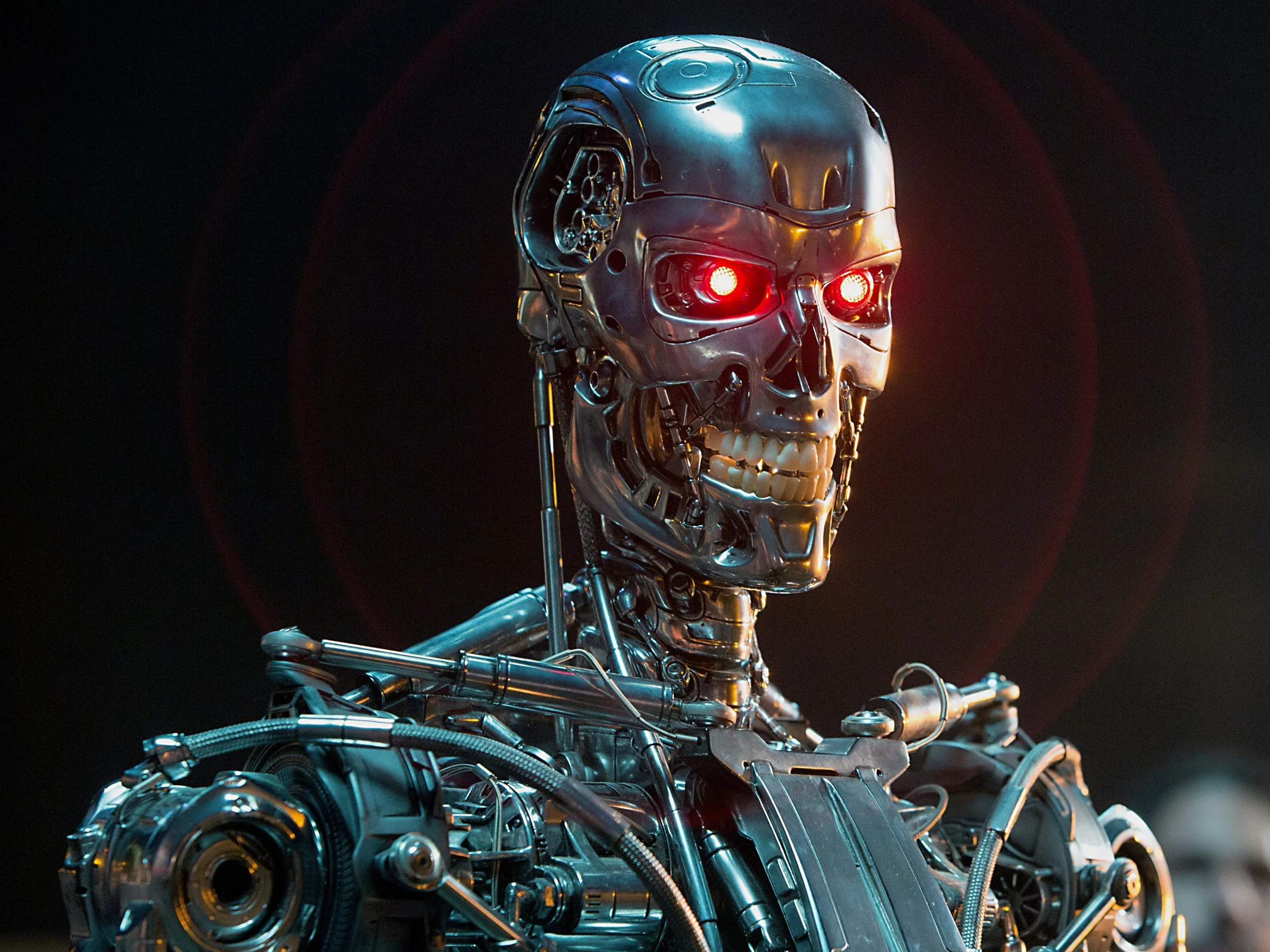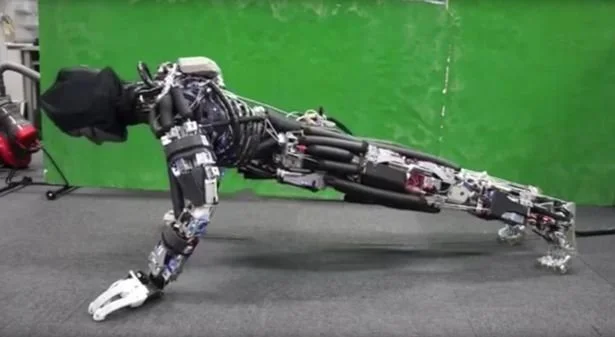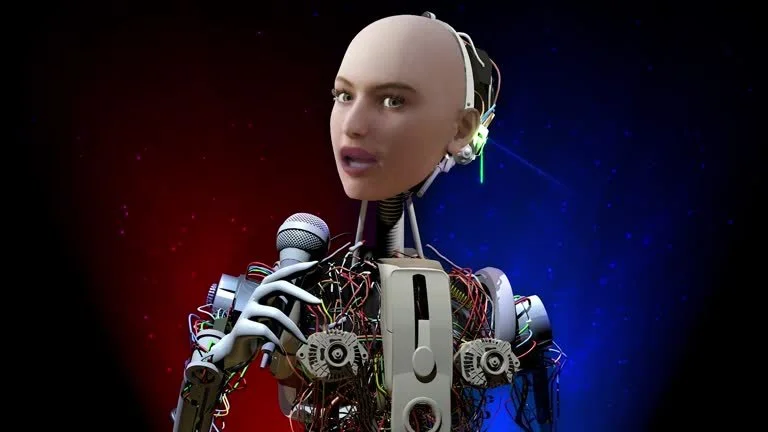Hardware + Software 5 - AI
Intro
Ai has been a huge topic in the zeitgeist for the past few years. It’s also looking like it will be one of the main technologies humanity will have to grapple with. At its core it’s a very controversial technology, and for many good reasons. From unethical and evil sourcing of people’s work, to displacing whole industries and more, the criticism of the technology has been justified repeatedly. I don’t know any person in the creative field who looks at this technology with optimism, and I certainly would never condone the unethical ways in which these companies accrued their data or their odd focus on creative use cases. It’s a technology I’ve lived without, and would rather not exist, to put it succinctly.
However…
Now that the technology is here, and most likely here to stay, it is time to adapt. I will preface this by saying that I have a strong belief that the longterm use of AI will have disastrous consequences, and I don’t fault anyone who chooses not to use this technology. That being said, if you do choose not to adopt the technology, there might be certain situations in which you might be outclassed by those who do adopt it, and even further behind those who know what the best use case for the technology are. I’m writing this blog to give a different perspective on ai, and perhaps see if there are ethical and productive ways to incorporate the technology into ones life. I’m not arguing for a widespread application in all vectors of your life, though you can choose to do so. My position is one from a very limited and technical managerial position. Save for one specific instance.
Anti-Human Software
There are 4 use cases I’ve had for ai over the last few months and that I’ll write about for today. I don’t think these situations are exhaustive, nor do I think I’ve even scratched the surface of what ai could do. However, I’m perfectly fine with that. I think these situations for the most part are fairly ethical and leave a lot of room to expand without feeling gross about doing so. Meaning that if I wanted to learn about something a little more, or speed up some type of data collection, than I can do so as if it was just another piece of pre-existing tech, instead of anti-human software. Hopefully the following blurbs will help re-adjust your expectations of what you can do with ai and how it can benefit your life personally, now that there is no way to seemingly stop the train.
Use Case 1: SEO Optimization
Of the 4 uses of ai that I have, this is perhaps my favorite one, and the best justification for ai in my life. It’s also has the most frequent usage. In my mind, SEO sucks, and I hate doing it. It’s a boring data entry thing for search engines to index your stuff. It’s boring robot person work and I hate that I’ve spent hours of my life trying to optimize for it, and things are always changing. I’ve even read books on this stuff and it’s only made me hate it more. So knowing that I can describe my videos to an ai, and have it come up with keywords and copy to help with the performance of my shorts, in all honesty is a GODSEND.
SEO is by far my least favorite thing to do and it’s always changing because platform holders like to experiment with different ways of indexing content. So even if I learn about it, I’ll probably be behind because it changes a lot. With the addition of ai, I don’t really have to spend much of my life to keep up, and can reap perhaps 60%-80% of what an expert can do in a few minutes. That’s such a massive increase in productivity that it’s what sold me on ai.
Use Case 2: Document Summaries
This situation is a pretty standard use case for ai. It’s simple enough to explain: I just upload a document and ask it to summarize what it scanned. This helps me determine if the information is worth reading myself, or if I can glean the necessary aspects with the ai. This is great because it saves a lot of time from reading useless documents or books.
Use Case 3: Working Out
A very surprising use of ai for me was in the creation of workouts and splits for those workouts. This was not my idea, but my brother’s. He mentioned it some time ago, and after I hurt my back, I figured I’d try it out and see if it could give me some workouts that could help me, and it did. It’s really cool to be able to tell it what you need and the equipment you have and to design a workout and splits based off that information. I’ve also been applying those workouts and while they wouldn’t be things I would have thought of, they offer very good alternative workouts to help me avoid plateauing.
Use Case 4: Speech And Voice Acting
The final use case and perhaps the most controversial one, I acknowledge. It’s not lost on me as an artist, to use ai for artistic processes can be a slippery slope, but I do want to take some time to flesh this out. To preface, after using the tech, even with the improvements and potential future accuracy, this does not replace voice actors. Actually, this gave me more respect for them. Voice acting is difficult, and my use is one of pure pragmatism, not of any ideological position. I believe it is a lesser method of voice acting than hiring an expert to play a character, but in today’s content climate audiences do not really respond well to silent videos. So having a narrative voice does go a long way to building a video’s engagement up and even if this is a lesser method of sound design, it is better than nothing.
On top of that, I recently discovered the app that I use does allow you to upload a recording of your own voice, and change the voice to something else. I’m currently experimenting with this and will talk more about it when I have more experience to pull from, but I think that’s a great middle ground. At least in this way a person is still performing the acting, while the computer modulates the voice.
Lastly, this brings down the costs of production a lot for web content. I’ve spent so much money already trying to build a platform, and honestly, if I had to pay actors for every video, I would have gone bankrupt a long time ago. I simply do not have enough money to adequately pay voice actors the wages I would want to pay them, and I would rather not have them work for free either. I’ve had situations where people have offered to work with me for free because they believed In what I was doing, but if things don’t work out it’s a double whammy of a bad time. No pay and no success. It’s something that makes me feel awful and I would like to avoid that. This means I don’t have much alternative to stay competitive in the content creation space, and so I had to make that concession. I’m no stranger silent films, and I would prefer to do them, but there’s too much at stake for me to risk my future on what I want, not knowing if audiences want that too.
Outro
So that’s some more of my thoughts on ai. Overall, my impression of it being ‘Anti-Human Technology” still seems accurate. The companies have a dark obsession with trying to generate art and other creative endeavors that I think is absolutely suicidal and destructive. However I’m just 1 guy on the internet and there’s billions of $’s going into this technology.
It is here to stay unfortunately
With that in mind I do think individuals can make more ethical decisions in its use. For me personally, I have no plans to make ai slop. If I had to I think I would just stop animating altogether. Instead, I want to adopt the technology in an ethical way so that I can make better shorts. I want the technology to remove other technological barriers facing me so that I can reach people with my work.
We are still in the early stages and we have to closely monitor the tech’s progression to see how it changes and how we adapt. I will definitely keep my finger on the pulse and write more on this subject in the future.
-Until next time-




